The shift in consumer tastes from animal protein to plant protein is underway but so is the transition to the types of farming that will be needed to meet the demand.
Read MorePhoto: Malin K. on Unsplash
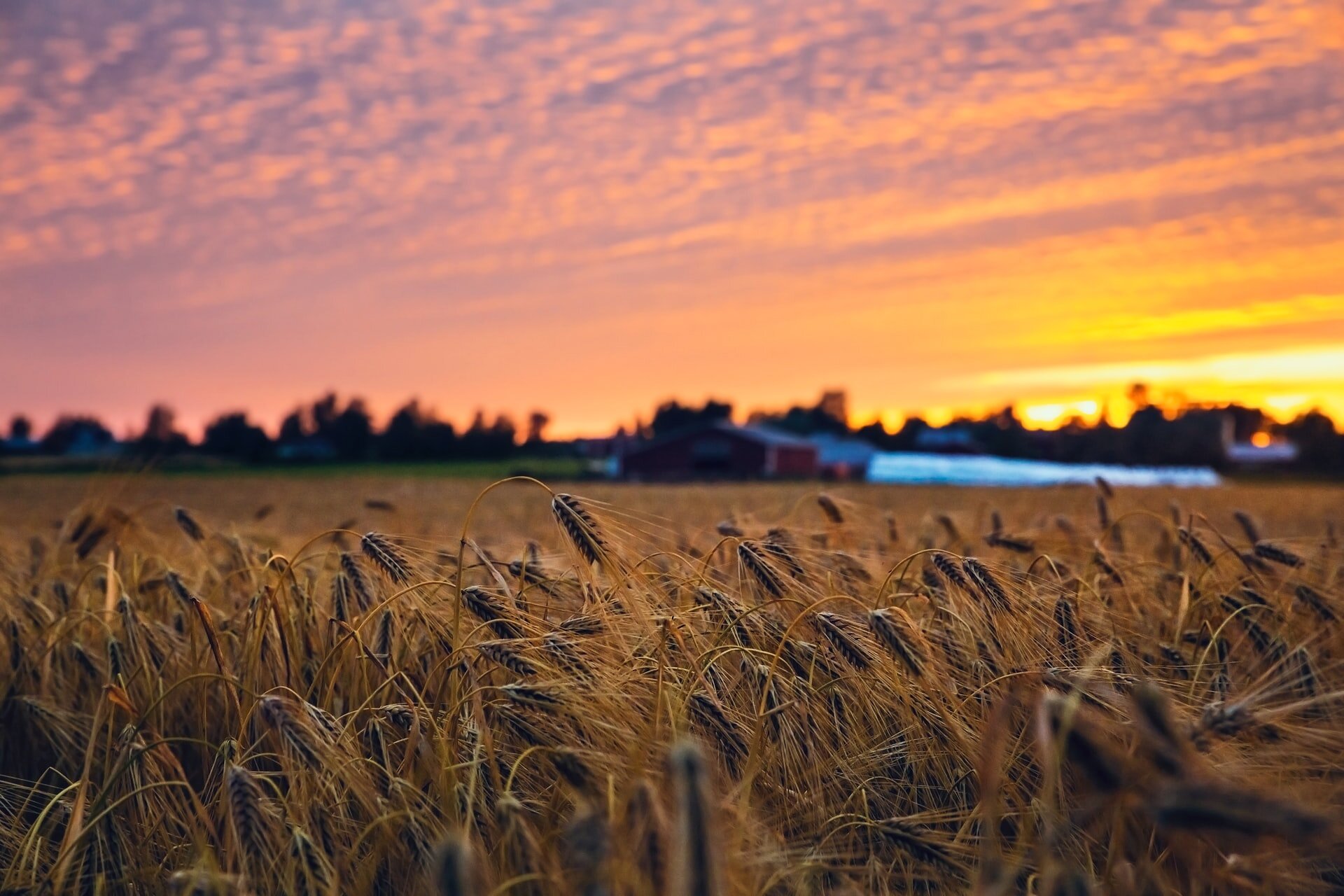
Photo: Malin K. on Unsplash
The shift in consumer tastes from animal protein to plant protein is underway but so is the transition to the types of farming that will be needed to meet the demand.
Read More
Barn fire in Manitoba, Canada. Photo: Rob Swystun, CC BY 2.0, via Wikimedia Commons
But because that’s the way the story is mostly told, people have little idea that barn fires cause the deaths of millions of farm animals due to a lack of regulation and preventative measures.
Read More
Photo: Andrea Piacquadio from Pexels
It’s no accident we’ve become increasingly disconnected from the origins of our food. The big players in our food system work hard to conceal the unpalatable truths about its production. However, there are organizations promoting healthier, non-animal based food options — especially for children.
Read More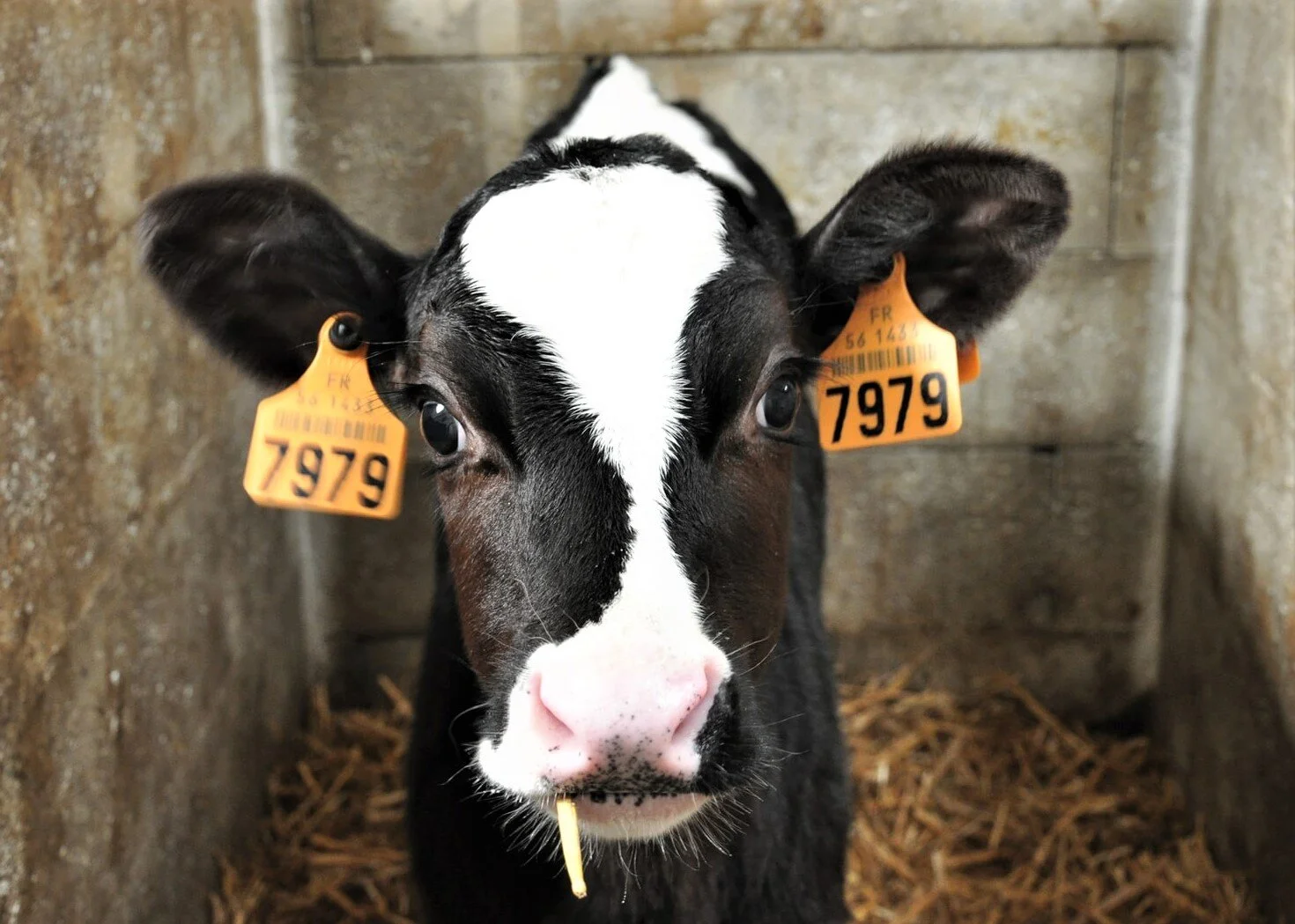
Photo: Sebastien on Unsplash
The UK’s bold move to recognize the sentience of animals puts pressure on other countries to step up. For Canada, that’s going to take a lot more work.
Read More
Photo: Onder Ortel on Unsplash
Dairy — the final frontier for many people who want to cut their carbon footprint by making different food choices. The good news is there is now an abundance of tasty, decadent dairy-alternatives.
Read More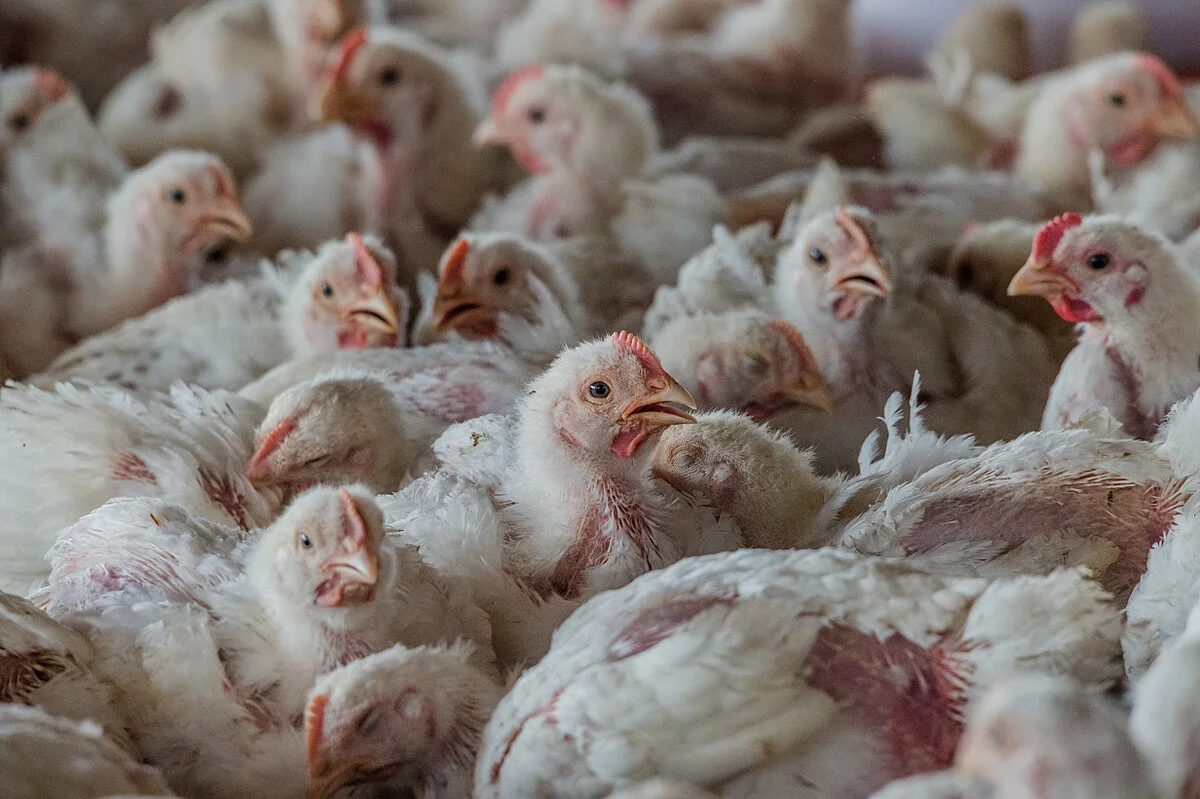
Broiler chickens. Photo: Jo-Anne McArthur/We Animals Media
Massive efficiencies gained from intensive factory farming make meat cheap but is it really? Even setting aside the price paid by the animals, it depends on how we define cost. Here’s a cautionary tale from the UK.
Read More
Photo credit: Canadian Horse Defence Coalition
As its horse meat is mainly exported, this Canadian industry takes to the eco-unfriendly skies and operates largely under the radar raising many environmental as well as animal welfare concerns.
Read More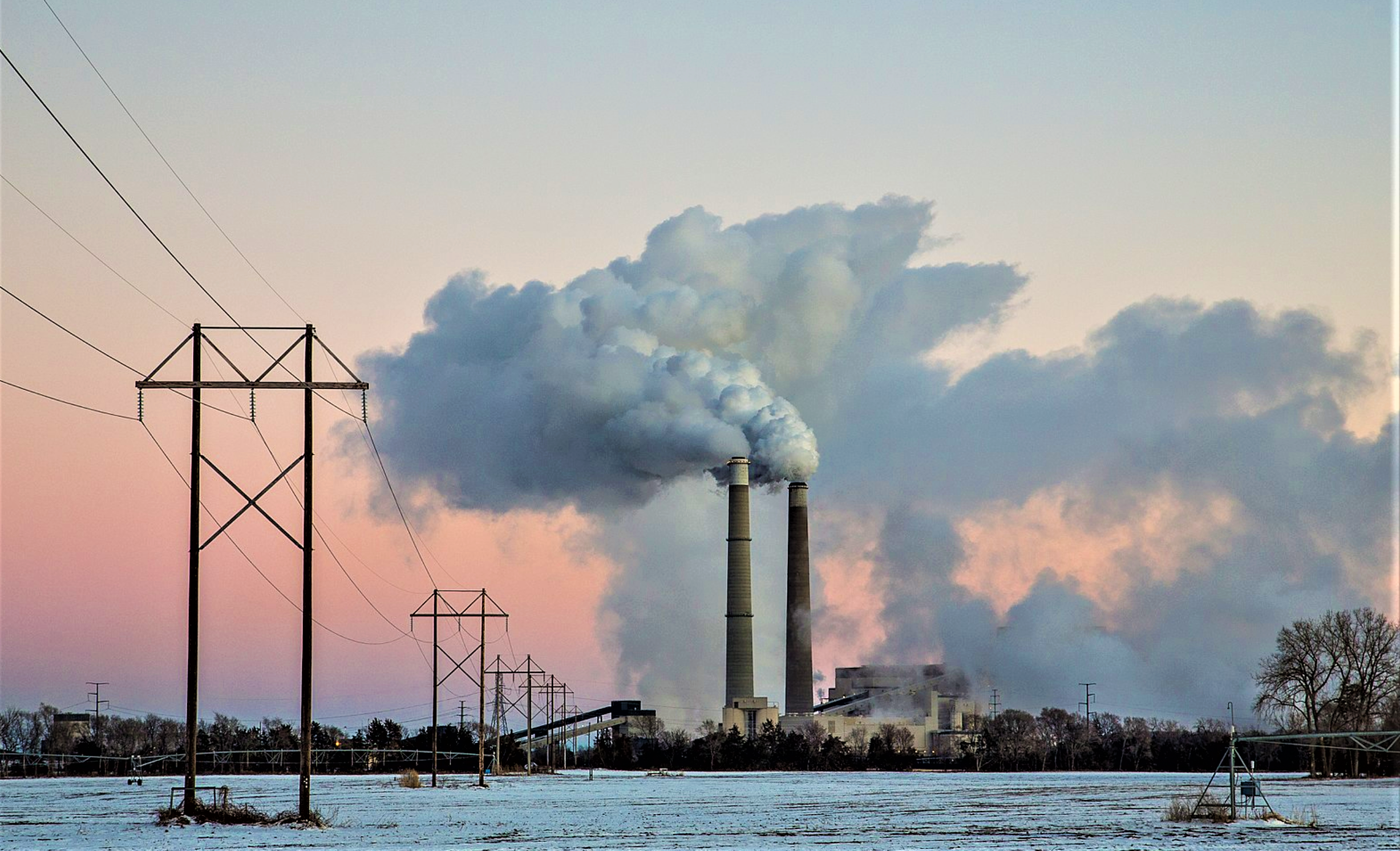
Coal-fired power plant in Minnesota. Photo: Wikimedia Commons
A Reuters interview with UN Secretary-General António Guterres who said he hopes the US will commit this week to halving its greenhouse gas emissions by 2030 — a move that would spur similar ambition from other big emitters.
Read More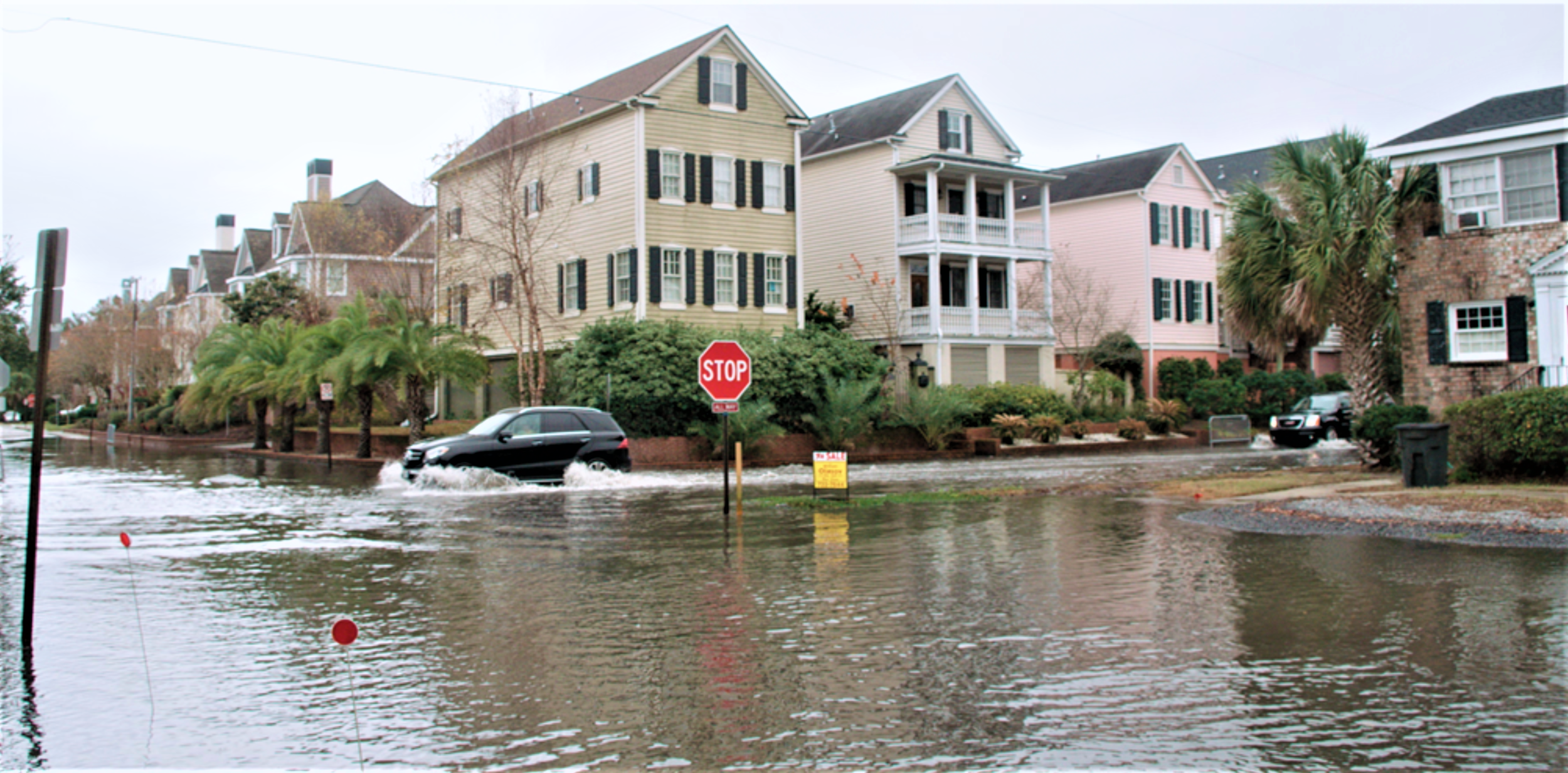
Photo: noaa.gov
Humans have locked in at least 20 feet of sea level rise—can we still fix it?
Read More
Jose Luis Zelaya went to the United States as a child after Hurricane Mitch devastated his home country of Honduras. Credit: Jose Luis Zelaya
The United States has done more to fuel climate migration than any other country on Earth, and yet it does not always welcome climate migrants.
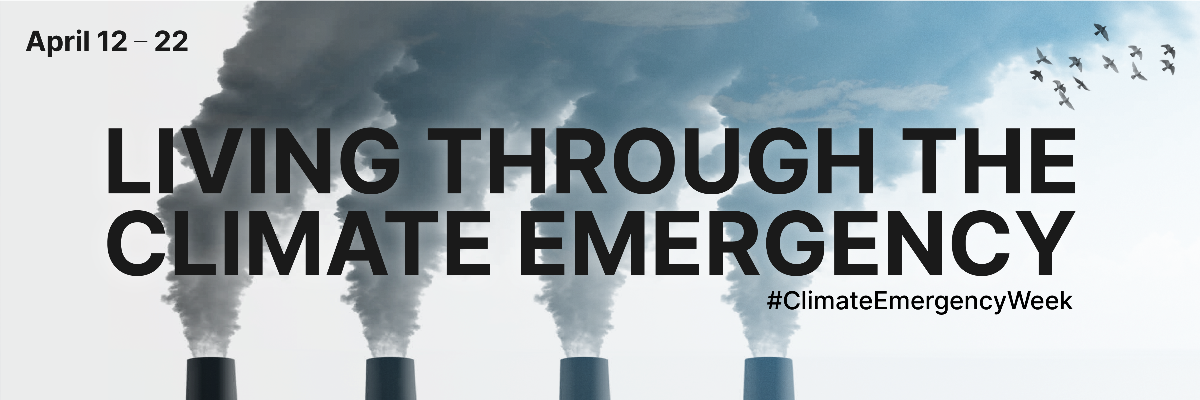
Journalism should reflect what the science says: the climate emergency is here.
Read More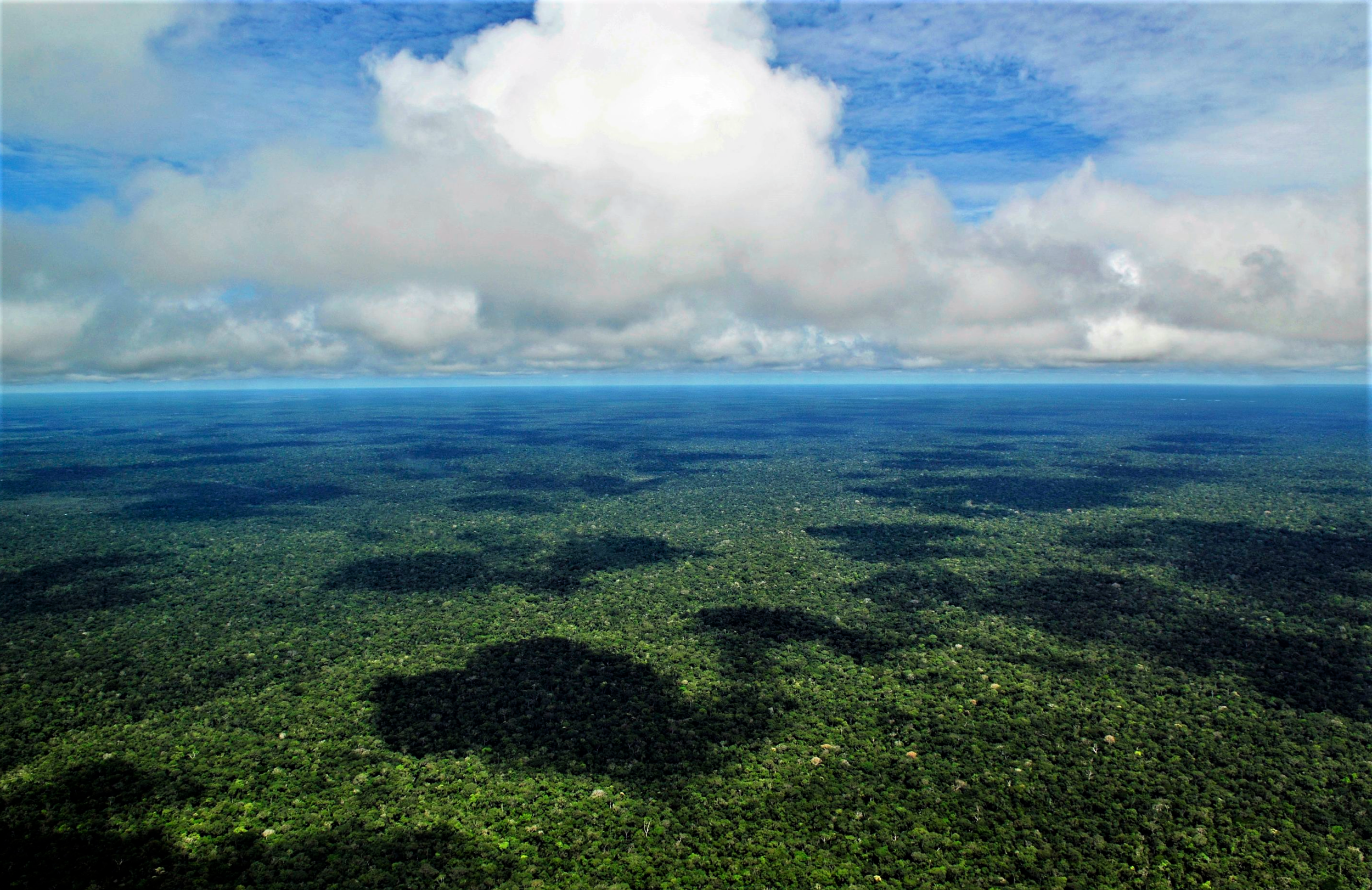
Photo: CC BY-SA 2.0 via Wikimedia Commons
The findings of a new study of all GHG emissions in the Amazon basin point to human activity and the burning of fossil fuels as exceeding the region’s ability to absorb CO2 emissions.
Read More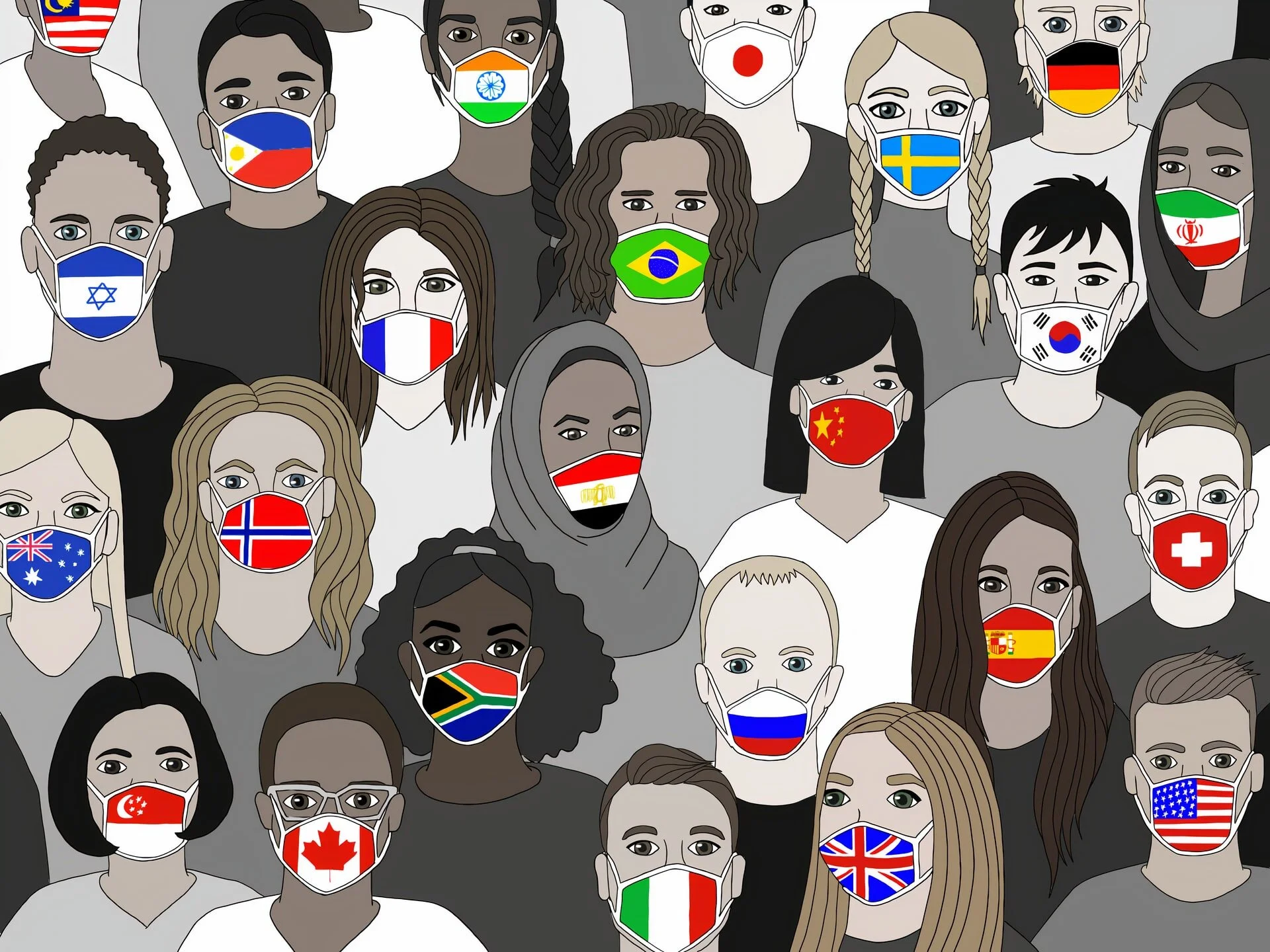
United Nations Covid-19 Response on Unsplash
The unprecedented social and economic experiment imposed on us by the pandemic has created opportunities to refine climate science. Prof Piers Forster, a lead author of the seminal UN IPCC climate report of 2018, explains.
Read More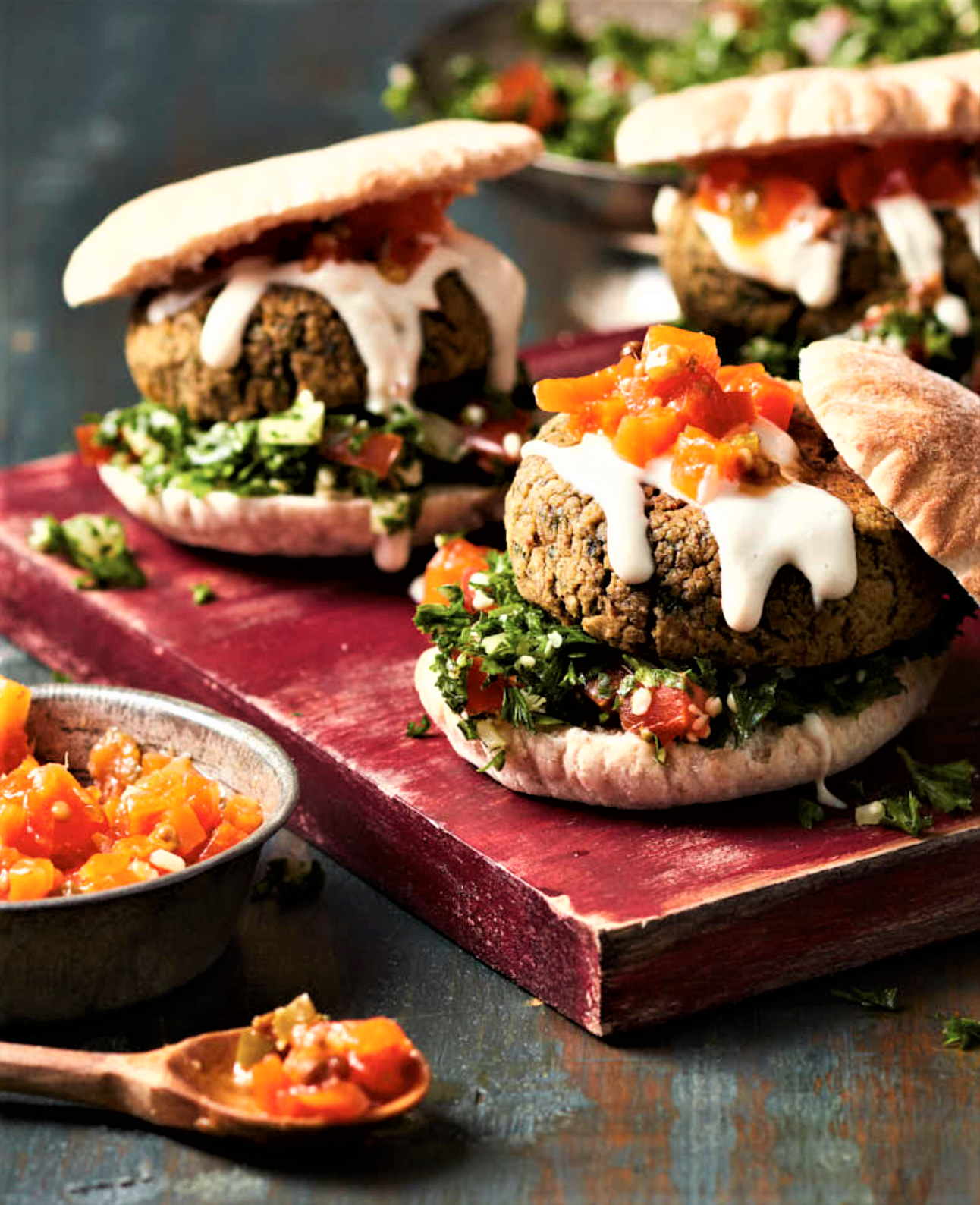
Falafel sliders with spicy tahini sauce, kale tabbouleh and papaya chutney. Photo: Darren Kemper from “The Long Table Cookbook: Plant-based recipes for optimal health”, by Amy Symington
We’re all being urged to eat less meat to help save the planet but the idea of shifting to more plant-based foods can seem daunting. Where do I start? What do I buy? How will my family react? Jessica Scott-Reid has you covered in her latest blog.
Read More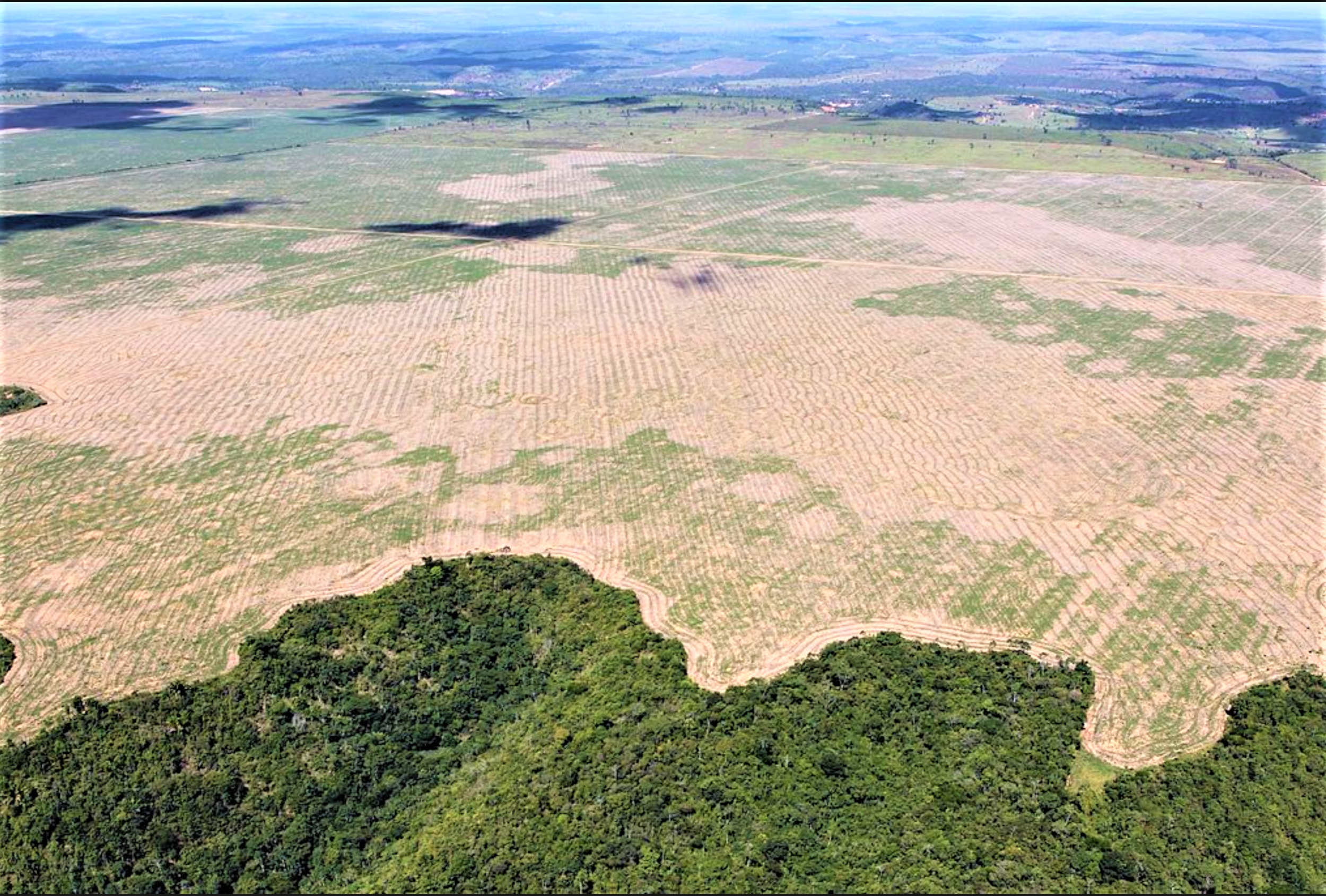
Photo: Ibama from Brasil, CC BY 2.0, via Wikimedia Commons.
The global demand for meat is the primary cause of Amazon and global rainforest destruction driven by clearing land for cattle pasture and growing soy to feed farm animals.
Read More
Photo: Planet Friendly News.
The triple threat of biodiversity loss, climate change and human health converges at the roots of our food system.
Read More
Photo: Ryan Song on Unsplash.
As the demand for dairy products continues to decline, opposing viewpoints offer different interpretations of “Februdairy” to capture the hearts and minds of consumers.
Read More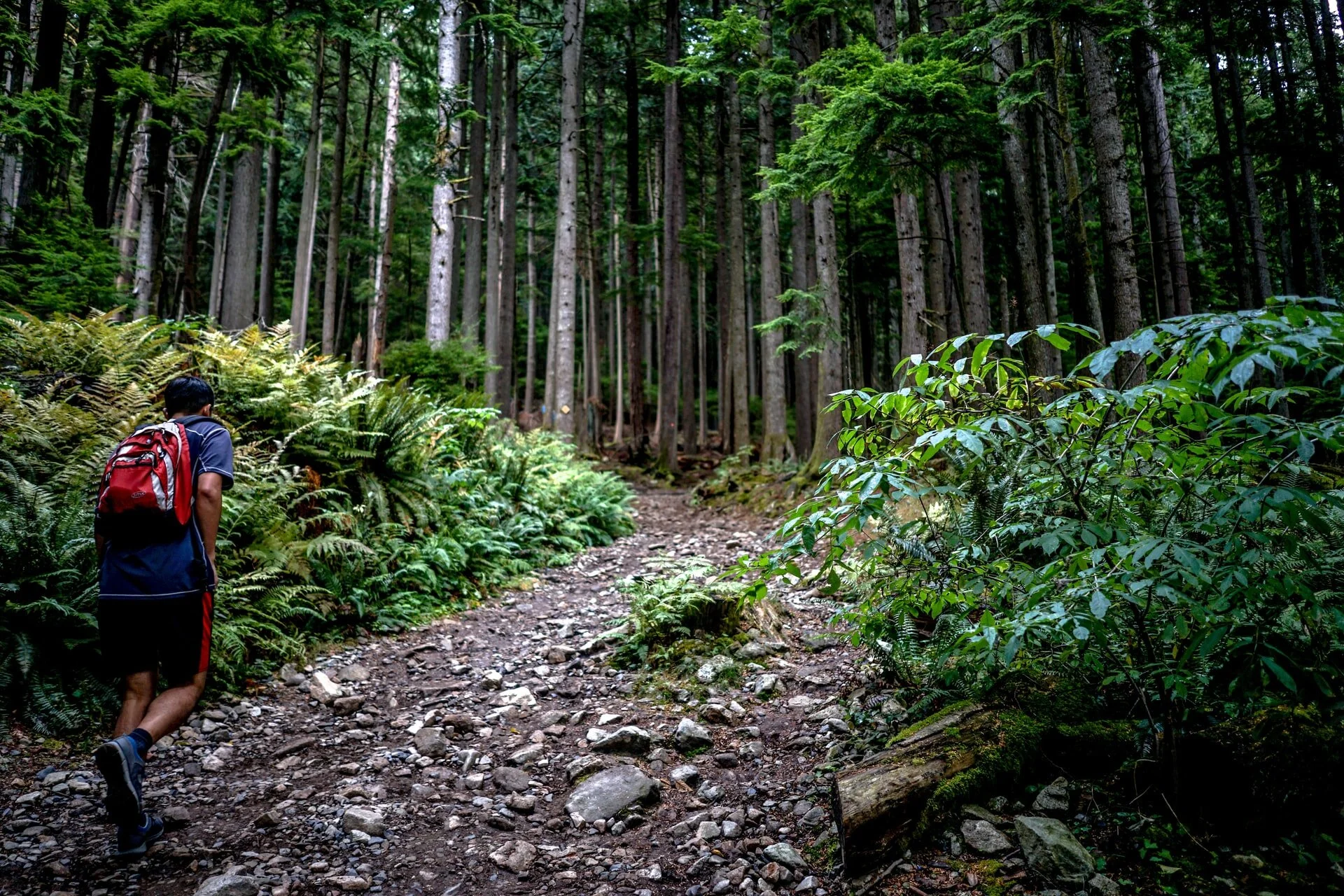
Photo: Aaron Thomas on Unsplash.
We are inextricably intertwined with nature and a climate psychologist urges us to seize this moment and deepen our understanding of our place in the natural world.
Read More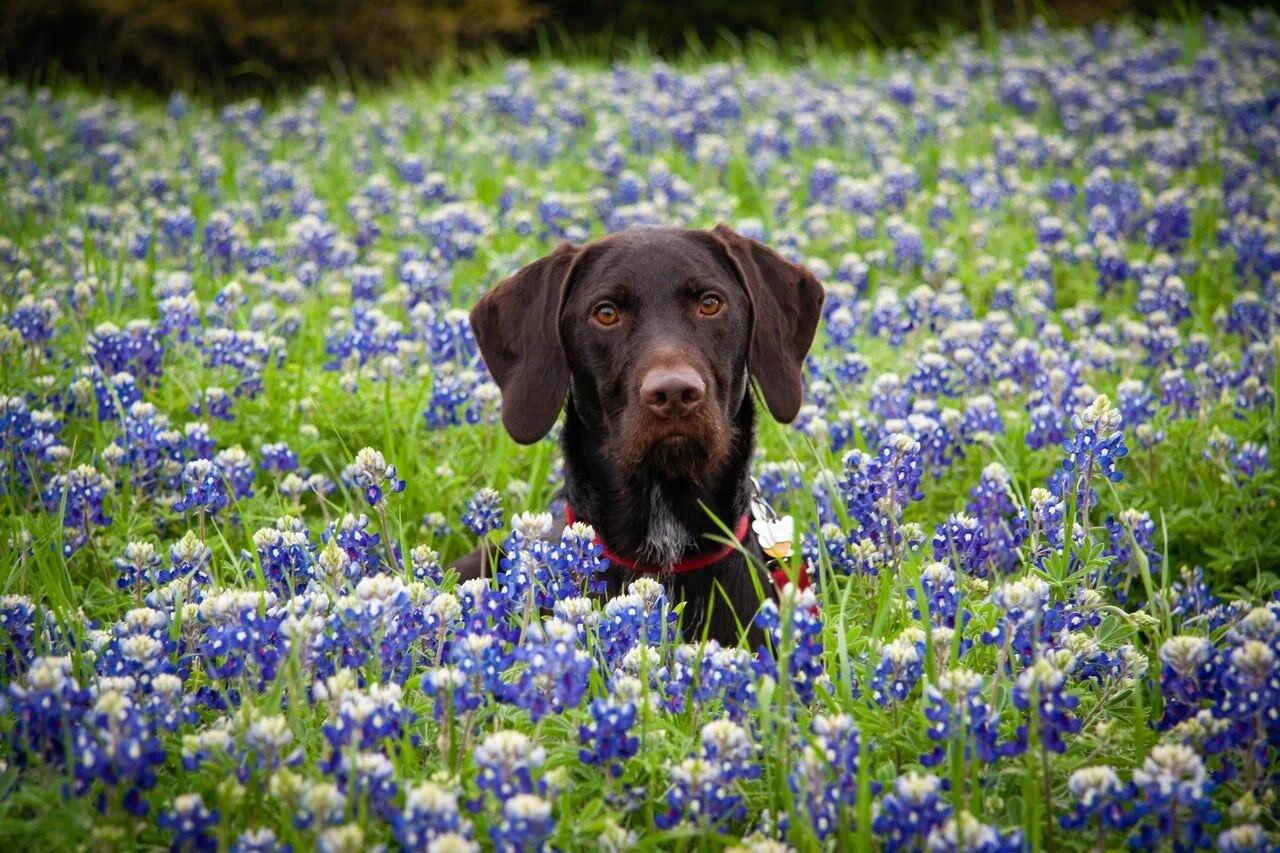
Photo: Steve W from Pexels.
We are becoming more aware of reducing the carbon footprint of our food but we may not be thinking about the environmental impact of the foods we feed our companion animals.
Read More
Photo: Tofu ribs. Preparation and photography by Jessica Scott-Reid.
Eating more plants is one of the most powerful ways to fight climate change but old habits die hard — especially if you’re not sure where to start! This is the first in a series of blogs showing how easy it is to transition to plant-based eating.
Read More